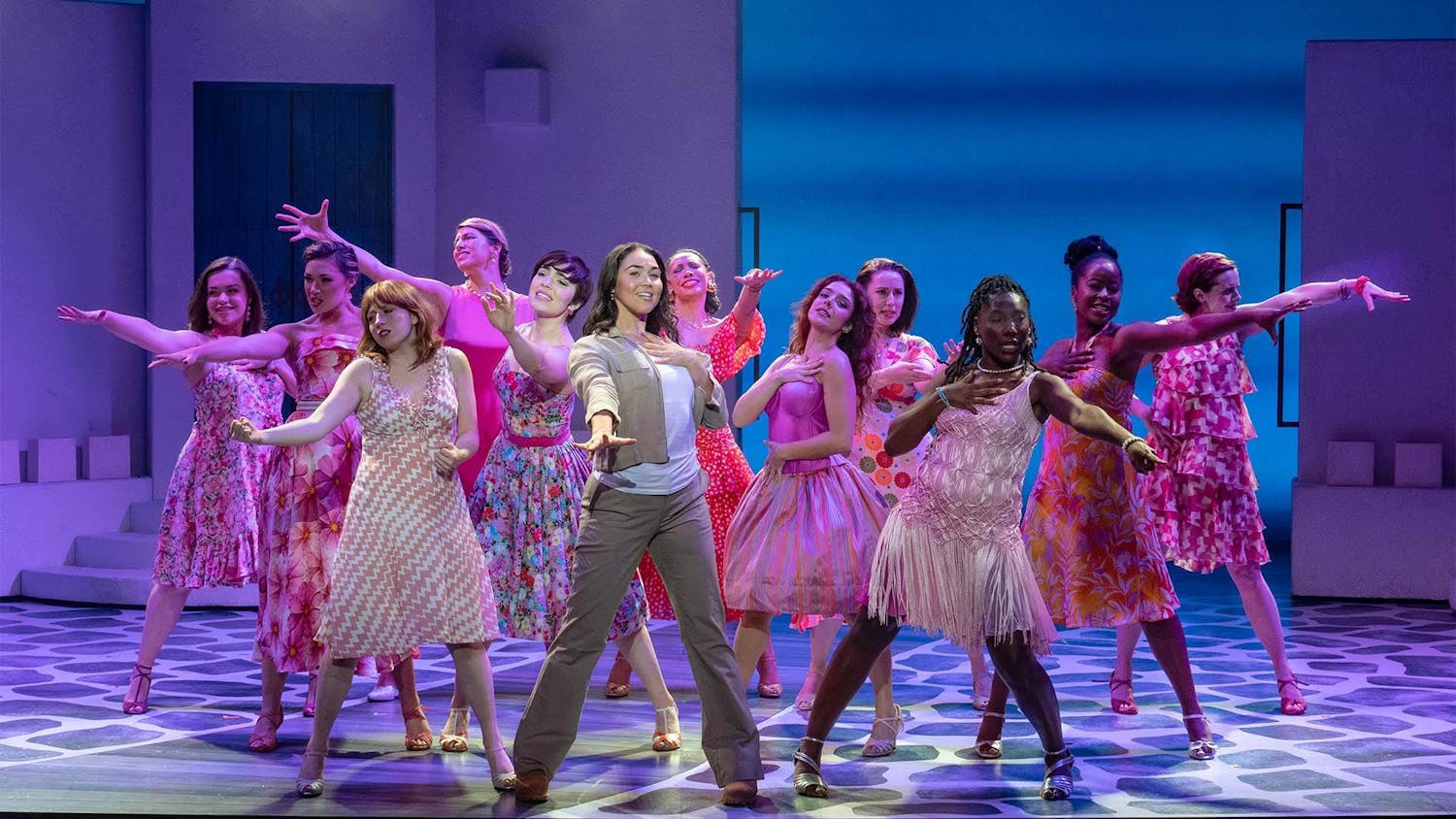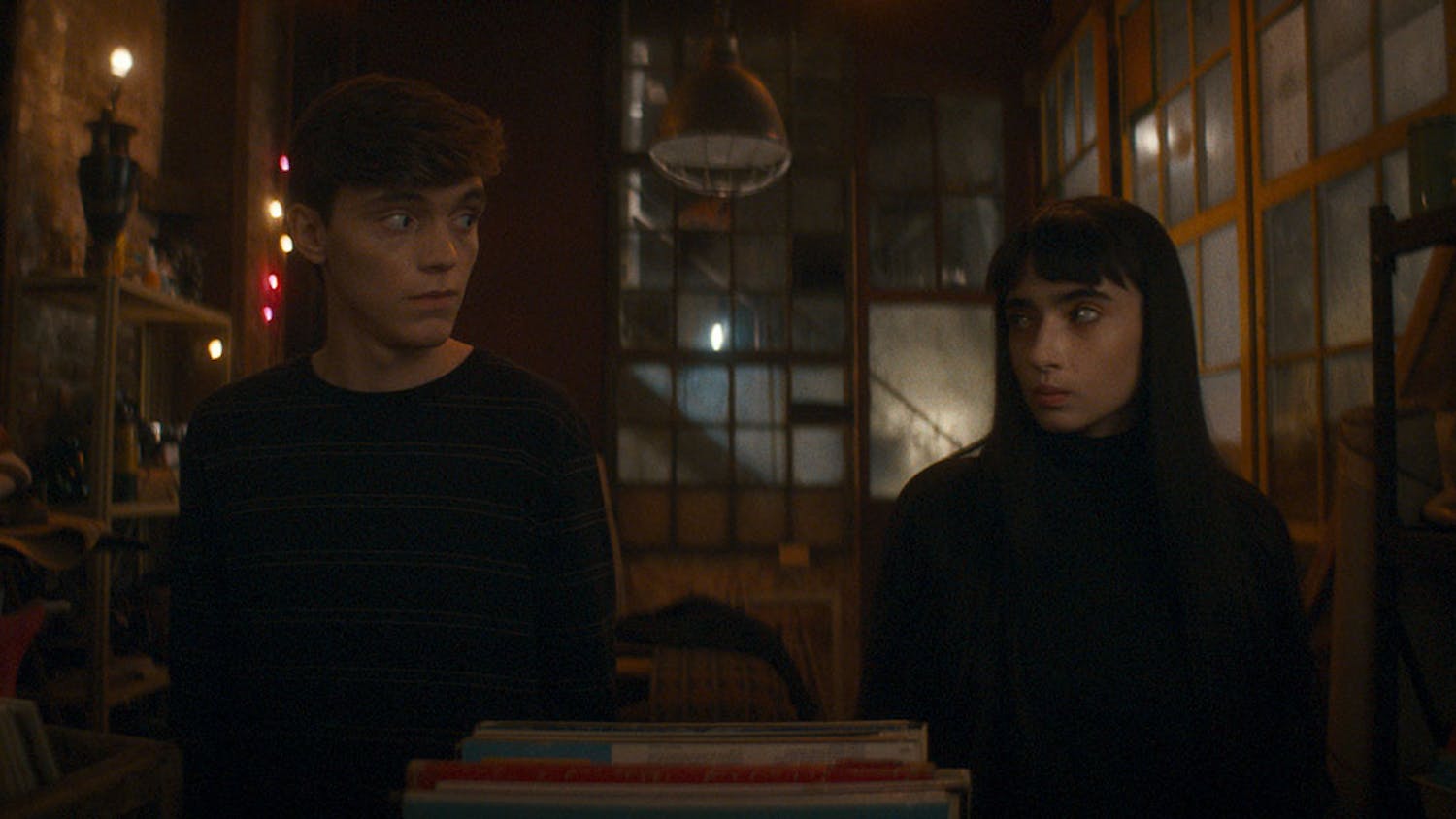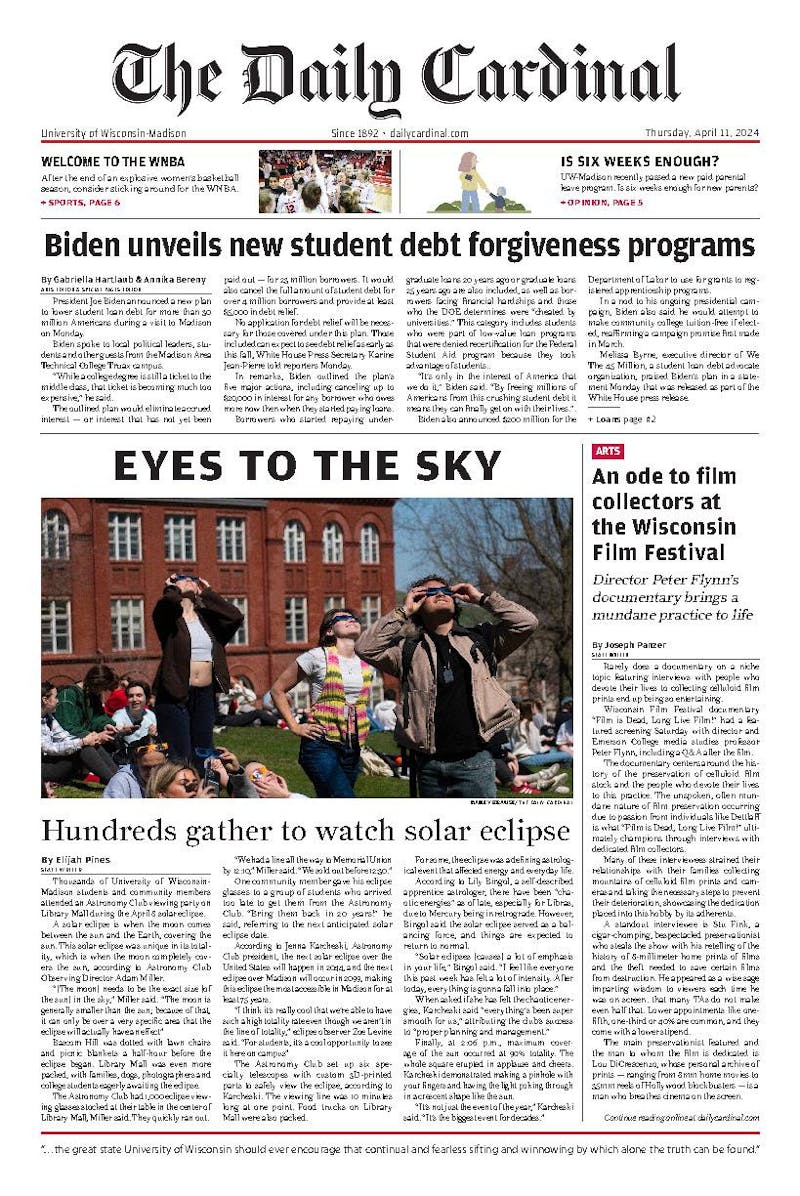SoundCloud: the ugly sister of Spotify and Apple. The platform is not for those who desire clean, curated playlists, but rather it attracts edgy, underground music fans. Its cluttered layout with obscene amounts of obscure content makes it a breeding ground for both absolute garbage and hidden treasures. It is a jumping point for artists who hope to make it big, but lately SoundCloud connotates more than its Wikipedia page defines. For better or worse, it has become a cultural term as well as a subgenre of hip-hop.
Conjure up a picture of the typical SoundCloud rapper. Face tattoos? Check. Wild hair? Check. Under the age of 25? Check. The platform has cultivated an image of young, rule-breaking, provocative rappers. Any old head (or Eminem) will preach about the death of rap and lyricism, slaughtered by clout-obsessed, Xanax-using SoundCloud musicians. The appeal of this subgenre is heavily focused toward a younger audience. You either love it or hate it, but there is more to SoundCloud than simply the music.
The music style is characterized by rapping (a term used lightly at times) over a bass-heavy and lo-fi production. A lot of people associate SoundCloud rappers with mumble rappers, which do cross over most of the time. Lyrically and thematically, the songs are often repetitive or cliché. The style emulates hip-hop’s affinity for girls and drugs, but it also has a strong emo influence from your favorite early 2000s bands. Several of the artists weave anguish, sadness and even suicidal thoughts throughout their music, yet they still have macho personas and talk about “bitches” and money. What some call “clout culture” is a staple of the subgenre. It is outrageousness or hype through looks or actions, and it is how these artists become and stay relevant. Clout culture often feels just as important as the music.
The death of Lil Peep also epitomizes a mental health and drug issue within the genre. Known for his emo-inspired music, he died of an accidental overdose at 21. It was a shock and devastation to the community, yet there has been little change in the rhetoric regarding drug use. In fact, a large part of the culture and music of SoundCloud rap revolves around drug use. Take the recent project Wrld on Drugs, a Juice Wrld and Future collaboration. The songs bounce between numbness and pain along with a definite glorification of drug use and the rapper lifestyle. It feels like SoundCloud artists are constantly wobbling on the line between real mental health discussion and the romanticization of an anguished persona.
One of the most controversial figures is Tekashi69, or 6ix9ine, who recently pleaded guilty to sex-related crimes involving a minor. Although the description of his offenses is disgusting, he is currently the 37th most-streamed artist on Spotify, and his song “FEFE” with Nicki Minaj has been on Billboard’s Hot 100 for 15 weeks. With rainbow-colored hair and teeth as well as the number “69” distastefully tattooed all over his body, his relevancy is through provocation.
Perhaps SoundCloud’s most infamous figure, XXXTentacion has turned into a martyr. The 20-year-old was known for hostile, abrasive songs like “Look at Me” and emotional sentiments such as “Jocelyn Flores.” The rapper was shot and killed this past summer in Florida. His death resulted in an outpouring of sadness and idolatry (and streams) from X supporters, yet it is now a taboo to bring up X’s charges, which include domestic abuse and battery of his pregnant girlfriend. X isn’t the only one accused of violent crimes — take Tay K, Kodak Black or Trippie Redd as other examples.
None of the artists are held accountable because it seems fitting that artists with debauchery-filled music and troubled personas would commit troubling crimes. Whether it is an audience too young or indifferent, it is hard to make the excuse of separating the artist from the art when so much of the “art” relies on social media presence and an over-the-top personality or appearance. Holding artists accountable isn’t necessarily an issue that is unique to SoundCloud rappers, but it’s far too common of a theme with them.
A good percentage of SoundCloud rap is based on music with little originality or thoughtfulness, not to mention a great deal of moral dilemmas. However, SoundCloud has also been an important platform for making music more accessible. It’s responsible for helping a decent amount of well-respected musicians make it big. For example, Chance the Rapper’s roots come from SoundCloud. No one groups together this God and grandma-loving lyricist with the likes of someone such as Lil Pump, but his debut mixtape 10 Day gained its popularity through SoundCloud sharing. Chance even took the time during his Grammy Awards speech to give a shoutout to the company for helping emerging artists like himself.
Additionally, many artists have transcended past this stereotypical SoundCloud style and created a style of their own. For example, South Florida rapper Denzel Curry blew up for his song “Ultimate,” which became a meme of sorts. This year he released Ta13oo, a clear sign of growth in production and lyricism, in which he even mocks clout culture. Other artists have also managed to cultivate their own fan base and aesthetic. Lil Uzi Vert became very popular in the mainstream and has developed a unique Satanic style, while Ski Mask the Slump God raps fast-paced, reference-packed songs with clever humor. Even Post Malone has completely immersed himself in mainstream pop and become one of the most successful artists of the year.
There is a light and dark side to SoundCloud. The platform encourages participation. It is not limited to those with industry connections, money or musical training. It has produced several competent and unique artists who have managed to transcend past the scene and create a brand for themselves. Simultaneously, it has cultivated a subgenre built on clout or marketability rather than originality. Streams outweigh content, and provocation is the foundation for careers. Aggressive, overtly masculine — and at times violent — artists continue to dominate in numbers. Streaming services are only gaining popularity, and they will likely dictate what music becomes popular and shapes the culture for years to come.
Molly Carmichael is a music columnist for the Daily Cardinal. To read more of her work, click here.






